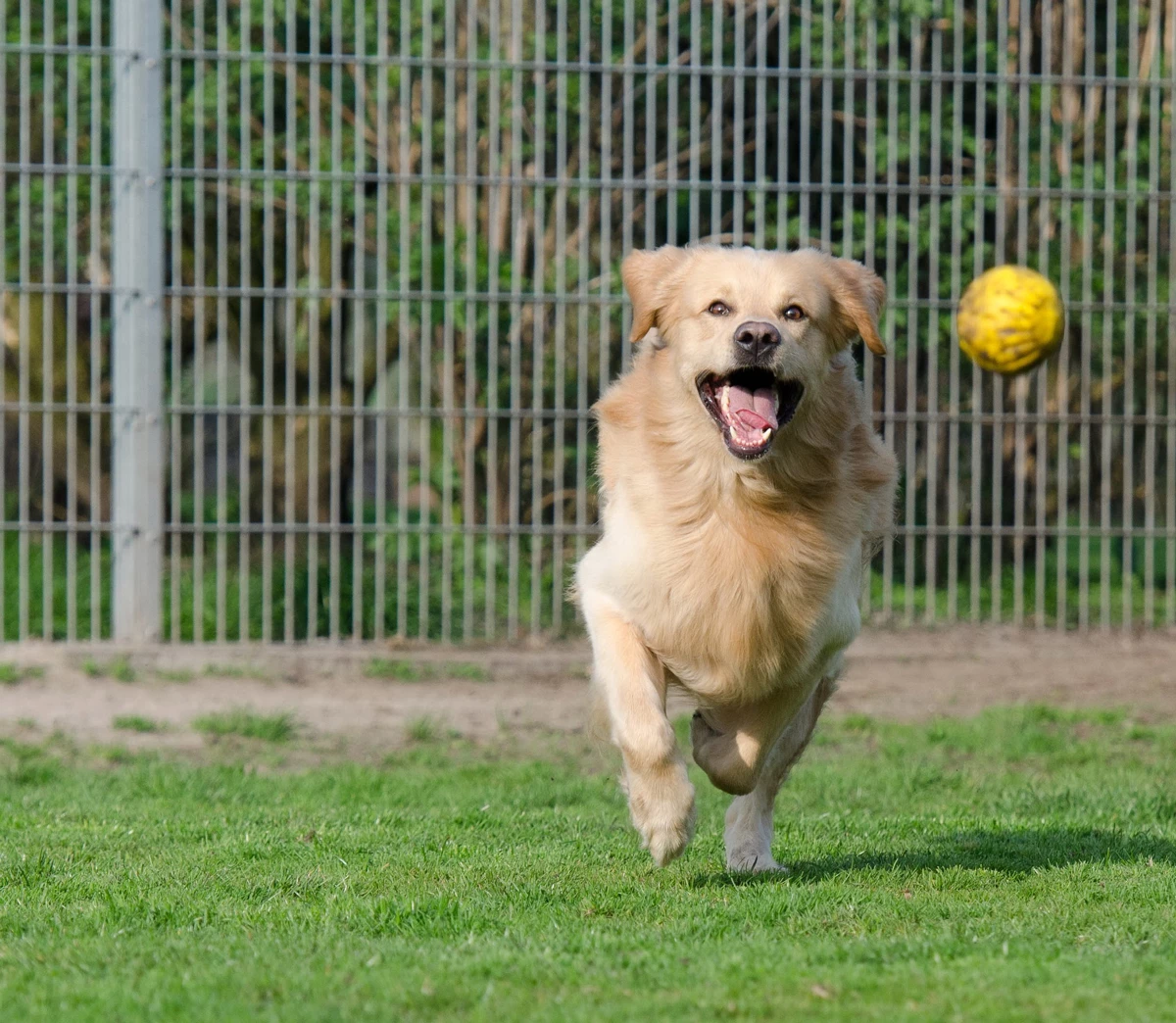06/07/2020 | Category: Home Insurance

Allowing dogs to stay in your holiday home can be a real marketing advantage, widening your accommodation to more people. On the other hand, dogs bring mud, smells, and hair with them and they can cause damage and hassle.
So how do you decide whether dogs should be allowed in your rental property? And how can holiday home insurance help you cover the cost of damage caused by animals?
A nation of dog lovers
Around one in four UK households has a dog. Many people love having their furry friend along for a holiday, especially if the trip involves lots of countryside walks and time on the beach.
Booking a dog into alternative accommodation can be costly, not to mention stressful for the dog. Some pooches also have health conditions that might rule this out.
Each year, 53% of travellers take their pets on holiday, and 52% of pet owners report that they only look for pet-friendly properties when booking.
Almost one third (27%) of pet owners said they are planning one or two trips with their animals in the next year. Families are now including their pets in their holiday plans more than ever before - 37% now take animals away, a 19% rise in the last decade.
There is clearly demand for dog-friendly accommodation, but is this a business opportunity you should be exploiting? While being pet-friendly can boost your bookings, you need to be aware of the pitfalls and risks involved. What do you need to consider when allowing dogs?

What makes a property ‘dog-friendly’?
New places are as exciting for dogs as they are for humans – even the best-behaved pooch might jump a bit or dart around the place in a holiday home.
Realistically, you are not going to avoid muddy footprints, hair on sofas and the odd dog wee in a corner. Most owners are responsible and clean up, but there’s always the odd guest who leaves a mess. Even with regular cleaning, over time the additional soiling will mean you need to redecorate a little sooner.
You can save everyone a headache by making your holiday property easier to clean. Hard floors are dog-friendly, especially downstairs and in high-traffic areas such as near the front door. A hard floor is easier to sweep and mop, so you won’t have the stains and embedded dirt that carpets gather.
Generally speaking, wipeable surfaces are easier to clean and hold onto doggy smells less than soft furnishings. You might want to consider leather-style sofas, blinds rather than curtains, and washable mats. Also removing any ornaments or knick knacks where they can be knocked by an average-sized dog is a good idea.
You might want to provide baby gates to block off different parts of the property. For example, stair gates to keep dogs downstairs or gates to keep animals in the kitchen. You can set out ground rules for guests about where dogs are allowed to go.
A dog-friendly property might also have some canine kit for guests’ convenience. A dog bed or two, some water and food bowls with mats, some dog toys and a welcoming tin of treats – it will all help to enhance your guests’ experience.
Terms and conditions for dog-friendly lettings
If you choose to allow dogs in your holiday home, you want to do as much as possible to avoid being left out of pocket.
For example, you might want to charge a higher cleaning fee for guests who bring a dog, to reflect the extra work involved. So long as you charge a sensible amount and signpost this clearly in your marketing materials, it’s unlikely to put guests off.
If you want to set rules for dog owners, this should be stated explicitly in your terms and conditions and in your pre-booking information. For example, if dogs are not allowed upstairs or in certain areas of the property, this must be communicated clearly. You might also want to put limits on the number of dogs permitted, or rule out dogs of certain sizes or breeds.
It is common for holiday rentals to ban dogs from being left alone in the property. Being in a strange new place can cause animals to be anxious or lonely, or simply curious – the result can be chewing, soiling and mess. Barking can also disturb neighbours. Most dog owners would not leave their pet, but it’s worth stipulating this.
Your T&Cs should also set out consequences for irresponsible guests. You might want to charge a higher deposit in case a dog causes considerable damage to your property and items need to be repaired or replaced. You should also explain what is and is not covered by the holiday home insurance.

Safety of dog-friendly premises
A property that is marketed as suitable for dogs should be exactly that. You need to ensure that the dog will not be at risk, or cause a danger to others. For example, fences should be in good condition and at a suitable height to prevent the dog from escaping, especially if the property is near to a busy road.
If there are livestock or other dogs who live nearby, this should be explained to potential guests. Some dogs may have trouble staying calm in these conditions. Dog-friendly features can also be highlighted, such as good walking spots nearby or dog-friendly pubs and cafes.
You should check what your holiday home insurance says about letting dogs enter the premises, and be sure to comply with any requirements of your cover.
Managing allergies
If you have an allergy to dogs, you may wish to ban dogs from the property, especially if you use it yourself.
It should be clearly stated in your materials if dogs stay in the property, so guests with allergies can make an informed decision about whether to book or not. From a business point of view, far more people have dogs than have dog allergies, so you will probably gain more bookings by allowing dogs.
You don’t have to be a dog-lover to offer dog-friendly accommodation. It should be a decision based on what works for your business.
You should think about your local area and the type of guests you are targeting when deciding whether to accept dogs; most pet owners are looking for a countryside setting rather than somewhere urban.
Do you need holiday home insurance to suit your individual needs? Contact Insurance Choice for a quote today.
